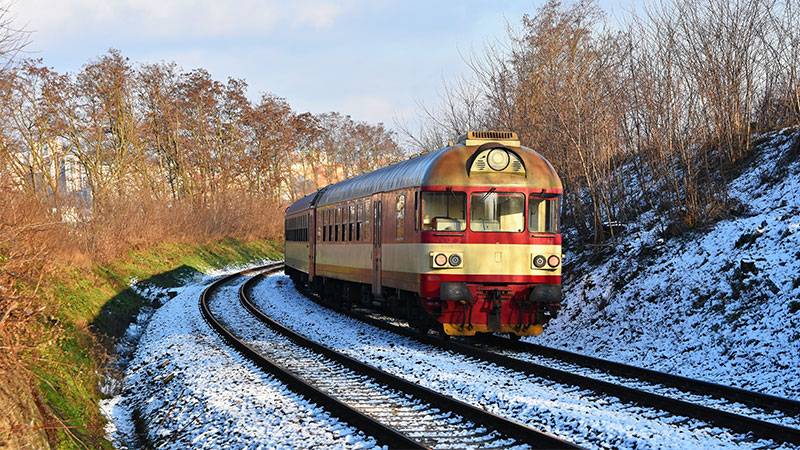Germany’s latest venture in promoting public transportation has been met with tremendous success, garnering a significant uptick in the number of users and potentially offering a blueprint for sustainable travel.
Introduced this past May, the ‘Deutschlandticket’, or ‘D-Ticket’, offers a game-changing option for the public. For just €49 a month, people can use the ticket for unlimited rides on buses and regional trains across the nation, inclusive of Berlin’s popular S-Bahn network. According to Euronews, the scheme’s results have been promising: there’s been a notable 25% increase in passengers using Deutsche Bahn’s regional services, as shared by DB Regio CEO Evelyn Palla.
When matched with the previous month’s figures, the ticket’s popularity was quickly evident. Palla was quoted in the German newspaper RedaktionsNetzwerk Deutschland (RND) describing the Deutschlandticket as “already a great success.” Germany’s Transport Minister Volker Wissing echoed the sentiment in conversations with German news agency DPA, labeling the ticket as “really a huge success.”
Interestingly, data since the ticket’s May launch indicates that the D-Ticket is enticing users to journey “significantly longer distances.” This is particularly true for routes leading to the coast and mountains. The implication here is that this new transport option is steering individuals towards eco-friendlier holiday travel decisions.
However, Palla offers a word of caution, noting the seasonal aspect of the surge in numbers. The bump in passenger counts in May and June can also be attributed to public holidays and the general holiday season. “The just under three months that we have now had the Deutschlandticket are not yet enough to paint an accurate picture,” Palla mentioned.
Since 1 May, Deutsche Bahn’s records show that Germans are using the D-Ticket to travel “significantly longer distances.”
Over summer, routes to the coast and mountains are proving particularly popular. That suggests that the scheme is enabling people to make more sustainable travel decisions around their holidays.
Yet, the early signs are more than optimistic. In less than a quarter since the ticket was rolled out, local public transport (ÖPNV) has welcomed nearly a million fresh faces. Minister Wissing underlines the impact, stating that there has been a surge in “subscribers who are firmly committed to public transport,” signifying regular, consistent usage, not just sporadic rides.
Demand for the ticket remains robust. Figures from the Association of German Transport Companies (VDV) indicate that 9.6 million passengers had utilized the D-Ticket subscription by 20 June.
A comparable initiative last year provided a €9 monthly pass from June to August. The outcome? A whopping 52 million tickets sold, preventing roughly 1.8 million tonnes of CO2 emissions. Despite its popularity and clear environmental advantage, the economic strain on the state meant it couldn’t continue indefinitely.
Similarly, the longevity of the €49 pass remains uncertain. Some transport chiefs voiced concerns in May about its sustainability. Yet, Wissing remains optimistic, suggesting the key is in the numbers. The more who subscribe, the more financially feasible the Deutschlandticket becomes in the longer run. His closing remark underscores the mission: “That’s why we have to make sure that as many people as possible use the ticket permanently.”
More inspiring green news similar to this:


